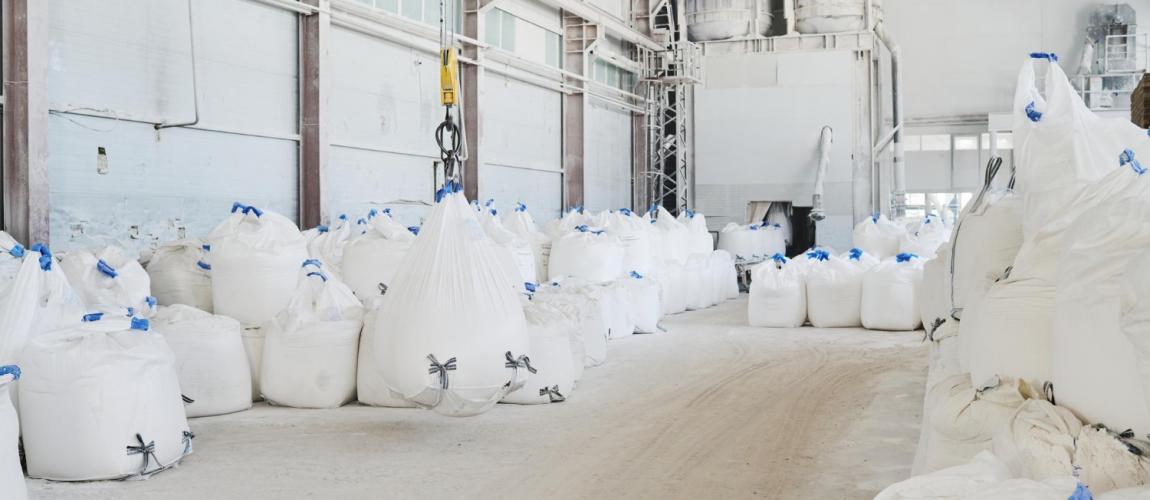Municipal Solid Waste Treatment Project, Wenzhou, China

Photo Credit: Image by Freepik
On this page: A case study on Municipal Solid Waste Treatment Project, Wenzhou, China. Find more at the Municipal Public-Private Partnership Framework - Project Summaries section for brief summaries of around 100 projects from around the world, examples of successes and challenges, as well as innovative ideas on solutions, or visit the Guidelines to Implementing Asset Recycling Transactions Section Overview and Content Outline, or download Full Version of the Report.
Project Summary: Background The City of Wenzhou was generating approximately 400,000 tons in household waste each year, with a growth rate of 8-10 percent annually. Household waste was collected and disposed in two existing landfills that were approaching maximum capacity. In 2002, the local government decided to pursue a PPP to address the issue. Project Structure The local government entered into a PPP with a local private company, Wei Ming Environmental Protection Engineering, to build and operate a new municipal solid waste (MSW)-to-energy incinerator plant. The incinerator plant was designed with a capacity to handle 320 tons of MSW per day and generate electrical power of up to 25 million kWh annually. The project was broken into two phases. In the first phase, the plant would be expected to treat 160 tons of MSW per day. This would enable the plant to produce 9 million kWh per year, of which 7 million kWh would be available for sale. The second phase would then add another 160 tons per day in MSW treatment capacity to the facility. The private contractor agreed to invest a total of CNY 90 million (USD 13 million) to build the plant and then operate, manage, and maintain it for 25 years, excluding a two-year construction period. The private partner will transfer the plant to the government without any additional compensation at the end of the 25-year concession. It was forecast that the project would break even after 12 years of operation. The private contractor is entitled to the following support from the public partner: (i) a service or tipping fee for the disposal of MSW assessed at a rate of CNY 73.8 (USD 11) per ton; (ii) an exemption from paying corporate income taxes for the first five years of operation; and (iii) permitting the private partner to receive an immediate refund of VAT. The private partner generates revenue through sales of the electricity generated by the plant and the waste disposal service fee paid by the City. The project was facilitated by (i) China’s 2005 Renewable Energy Law, which required electrical power network operators to purchase electricity generated using renewable sources; and (ii) China’s Regulation on the Price of Electricity from Renewable Energy and Fee Sharing, which raised the electricity tariff for electrical power generated by MSW-to- Energy facilities from CNY 0.54 (USD 0.08) per kWh to CNY 0.66 (USD 0.10) per kWh. The plant has been in operation since 2003.1 Lessons Learned The project was made feasible due to government support as it improved the project’s financial viability and attractiveness for the private investors. In this case, the government support came in the form of supporting legal framework, government funding (tipping fee), and tax incentives. Footnote 1: Source(s)https://www. adb.org/sites/default/ files/publication/27864/ urbandev-prc-nov2010- waste.pdf accessed 11 February 2019
This is a new section of the PPPLRC website and is currently in draft form. Your feedback is welcome: If you would like to comment on the content of this section of the website or if you have suggestions for links or materials that could be included please contact us at ppp@worldbank.org.
To find more, visit the The Municipal Public-Private Partnership Framework - Project Summaries section, the Guidelines to Implementing Asset Recycling Transactions Section Overview and Content Outline, or download Full Version of the Report.
Updated: March 9, 2024